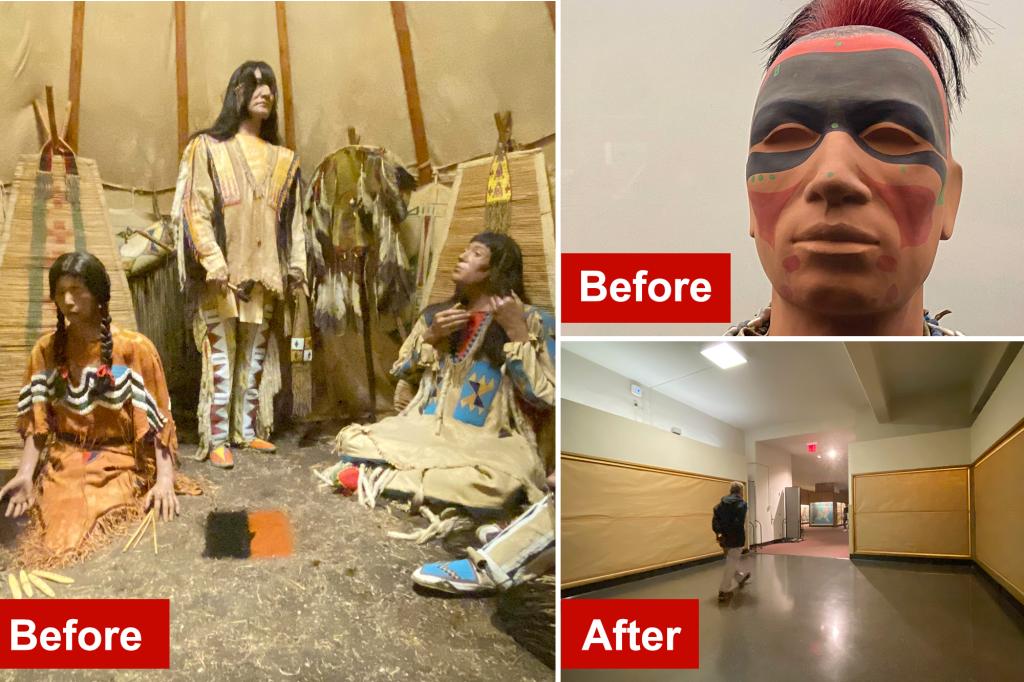The American Museum of Natural History in Manhattan shuttered its Native American exhibits in January, displaying artifacts from its collections. The closure was in response to new federal regulations that require museums to return human remains, sacred objects, and cultural items to Native American groups within five years. The displays in question had been a fixture at the museum for 57 years. The museum’s new director, Sean Decatur, decided to close the exhibit halls as they did not respect the values and perspectives of Indigenous peoples.
The US Department of the Interior issued new rules to museum directors, requiring them to provide inventories of their artifacts and consult with Native American groups to either return the objects or seek permission to display them. The AMNH has acknowledged having human remains, possibly acquired through looting sacred burial sites, and other items from private collectors in its possession. Despite its Cultural Resources Office claiming to have begun consulting with federally recognized tribes and other Native American groups, there has been no communication with tribes about the return of objects.
Native American groups accuse the AMNH of stonewalling over the repatriation of precious objects and remaining out of compliance with federal regulations. The museum has been slow to respond to requests for updated inventories of its collections from tribal groups. The museum reportedly has over 2,000 Native American human remains and sacred funerary objects that need to be repatriated. Other institutions, including Harvard University and the Metropolitan Museum of Art, have also been slow to comply with repatriation efforts, according to the head of the Association of American Indian Affairs.
Native American organizations have been seeking information from the AMNH for years with little success. Many feel that the museum lacks the knowledge or willingness to properly inventory and repatriate its Native American artifacts. While some progress has been seen with the new director, Sean Decatur, the museum’s previous leadership under Ellen Futter had been criticized for a lack of progress on repatriation efforts. The repatriation process began with the passage of the Native American Graves Protection and Repatriation Act in 1990 but has been slow-moving.
In December, Interior Secretary Deb Haaland released new rules to expedite the repatriation process, citing institutions falling short in returning Native American items. The AMNH has not provided any updates on repatriation efforts and stated that the objects remain in the closed halls as next steps are decided on a case-by-case basis. The museum has only recorded one repatriation in 2021, when it returned ceremonial objects to the Tohono O’odham Nation. Despite the new regulations and efforts from Native American groups, the AMNH and other institutions continue to face criticism for their slow progress in repatriation efforts.


